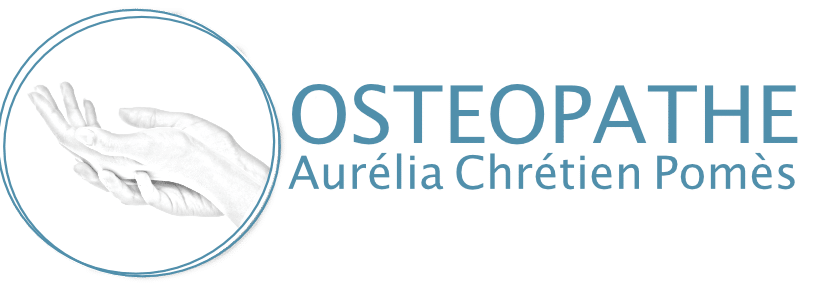
What is immunity?
Osteopathic art pays attention to the functioning of your organs and listens to their vitality. Releasing the tensions around the organs involved in immunity allows better vascularization of their tissues.
We are also attentive to the proper functioning of the nervous system and help the communication of the different systems between them.
Your balance and your actions for your health are essential on a daily basis, your food is your fuel. Your professional and family environment play a key role in your emotional and physical balance.
You also interact with the natural environment around you. Calm and nature are your primary sources of well-being.
Taking the time to take stock of these different elements, and finding the right balance between them, is essential to your health.
Our team at the practice is aware of all these issues and supports you in all kindness on the road to health.
In biology, immunity refers to the body’s ability to defend itself against substances that threaten its proper functioning and survival.
These threats can be of 3 kinds, microbes (viruses, bacteria, fungi, parasites), cancer cells or a foreign body (a splinter as well as a transplanted organ).
It has long been known that with age or illness the immunity weakens and the body becomes more vulnerable to infections. These are becoming more frequent and more serious. The common flu can then degenerate into pneumonia and be fatal.
So where is the difference between an apparently healthy adult and others who are less resistant?
The difference is essentially in terms of lifestyle.
Numerous epidemiological studies indicate that diet, smoking, sleep, physical activity, degree of stress, the quality of human relationships and the living environment, all influence the quality of the immune response.
In medicine we speak of natural (innate) or acquired immunity of the body to defend itself against foreign substances and infectious agents.
The body’s natural barriers are, for example, the skin (the largest organ in the body!) And the mucous membranes which make it more difficult for an infectious agent to enter.
And inside the body, specific cells like T lymphocytes, B lymphocytes, macrophages, antibodies (Immunoglobulins), NK cells, natural killers, are all little warriors who go into battle in our defense.
Acquired immunity, unlike innate immunity, is specific to the agent that has induced it in the past. The latter is therefore characterized by immune memory and specificity. Vaccination is based on the principle of this immune memory.
Likewise, having previously contracted a disease such as chickenpox immunizes the individual through acquired immunity.
Who are the organs of the immune system?
Invisible to us, the immune system provides security day and night. Whether it is to cure an ear infection or cancer, the immune system is essential.The immune system is made up of complex interactions involving many different organs, cells and substances. The majority of cells are not found in the blood, but in a set of organs called lymphoid organs.
Bone marrow and thymus: these organs produce immune cells (lymphocytes)
The spleen, lymph nodes and tonsils and clusters of lymphoid cells, located on the mucous membranes of the digestive, respiratory, genital and urinary tracts.It is usually in these peripheral organs that cells are called upon to respond.
The speed of action of the immune system is extremely important. This is based, among other things, on the effectiveness of communication between the various actors involved.
The cardiovascular system is the only passageway that connects the lymphoid organs.
There are also many interactions (to date little explained) between the immune system, the nervous system and the endocrine system.
When the body responds to aggression
The first natural barriers that attackers come up against are, as we have seen above, the skin and mucous membranes.
The skin offers incredible protection against infections. In addition to constituting a physical interface between the environment and our vital systems, it provides an environment hostile to microbes: its slightly acidic and rather dry surface is covered with “good bacteria”. This explains why excessive hygiene is not a good thing for health but that it is also necessary to know how to use the right products (ultra-rich soap, non-chemical products … natural, etc.).
Inflammation
Inflammation is the first barrier that pathogenic microorganisms encounter that cross the body envelope. The purpose of inflammation is to inactivate attackers and initiate tissue repair.
Fever
Fever is another defense mechanism sometimes present in the early stages of infection. Its role is to speed up immune reactions. At a temperature a little higher than normal, the cells act more quickly. In addition, germs reproduce less quickly.
The intestinal micro biota
A subtle balance exists within our digestive system where many bacteria coexist in harmony within our body.
It is now proven that these bacteria at the very heart of our digestion participate in the proper development of our immune system
To finish wish i would love to mention here the wisdom of Hippocrates, father of medicine and simply quote him:
“When someone wants health, you should first ask them if they are ready to remove the causes of their disease. Only then is it possible to help him ”
Good meditation … Eat Play sleep and get outdoors to boost your immune system !



 Français
Français 